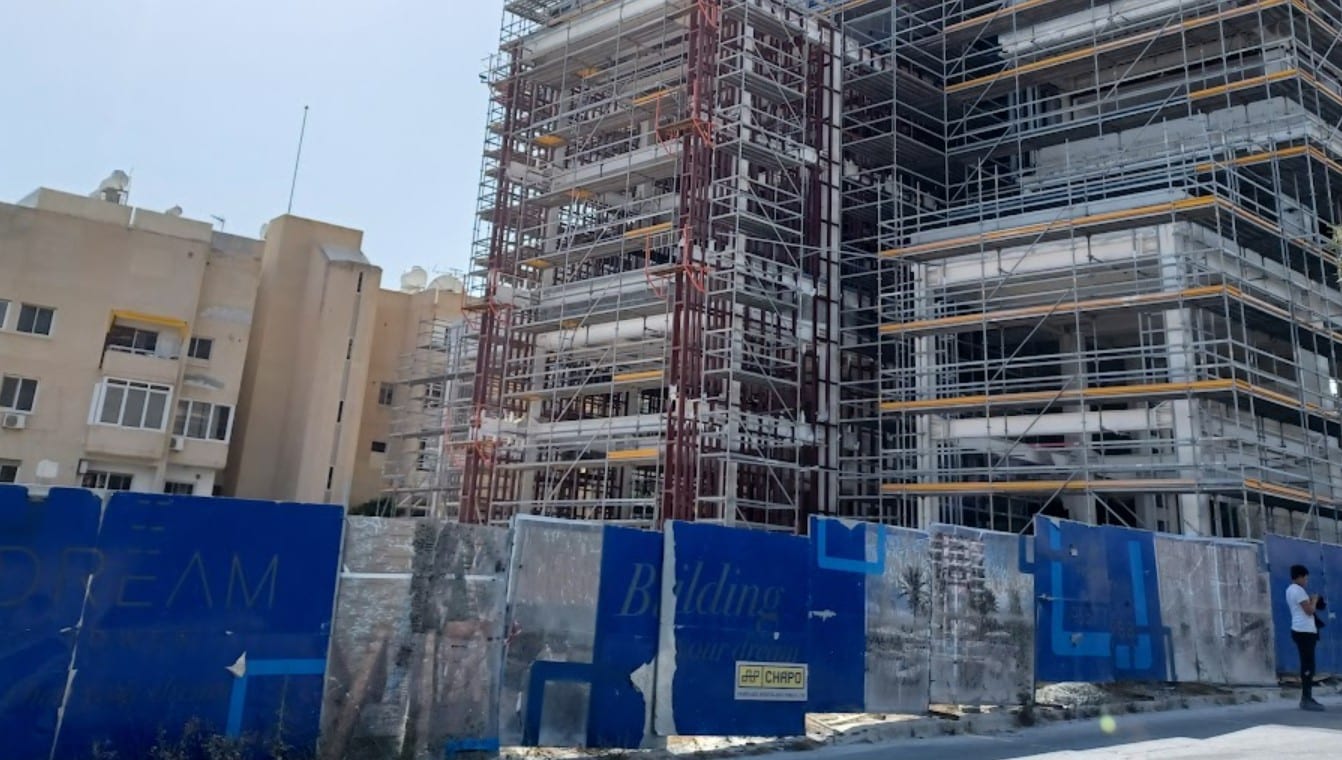The construction industry in Cyprus is grappling with a massive demand for skilled workers with job vacancies exceeding 1,000 positions annually, according to forecasts by the Human Resource Development Authority (Anad).
This issue, along with the policy of employing foreign labour and training programs, was the focal point of the closing event of the Erasmus MiTrust project, which aims to develop an innovative digital tool to support migrants who would like to work in the construction sector. This tool will help foreign workers acquire the necessary language competencies, soft skills and proper safety behaviours on the construction site.
During that event, Anad officer in the Directorate of Research and Planning, Stelios Mytidis, presented the employment needs forecasts for Cyprus in the construction sector for the 2022-2032 decade.
The projections indicate that around 850 workers will be needed each year to meet the growing demands of the market, the construction sector’s development, and to replace retirees or those leaving the industry due to health or other reasons.
According to the Anad study, professions such as builders, electricians, plumbers, and carpenters will require approximately 179 new recruits each year. Additionally, heavy equipment operators, welders, electronics and equipment installation engineers, air conditioning and refrigeration engineers, plasterers, and concrete and cement product machine operators will require workers annually.
Mytidis emphasised that most of the job positions in technical professions cannot be filled by domestic labour.
The project’s results, presented by professional training instructor Stelios Pierides, are available on an e-learning platform designed for foreign labour looking to enter the construction industry, as well as for their employers. This platform equips them with essential horizontal skills and the knowledge of terminology and tools used at construction sites.
On behalf of the small shopkeepers’ association (Povek), Evelthon Iakovides underscored the importance of utilizing the best practices offered by Erasmus programmes as well as the experience transferred from countries like Germany, which have advanced vocational training systems.
Anad’s forecasts exemplify the statements of Labour Minister Yiannis Panayiotou who told Stockwatch last month that “the local workforce cannot cover the large needs of the island’s labour market”.







Click here to change your cookie preferences